Have you ever noticed the sparkle in a senior’s eyes when a dog trots into the room? It’s almost magical. Dogs have a way of reaching straight into the heart, no matter your age. But for seniors, these four-legged companions do more than just warm laps — they transform lives. From inspiring laughter to providing real health benefits, dogs are silent heroes in the world of senior wellness. And yet, behind every wagging tail, there’s a gentle reminder: our canine friends need us just as much as we need them. Let’s dive into the incredible ways dogs uplift seniors, and the vital ways we give back.
Boosting Mood and Battling Loneliness
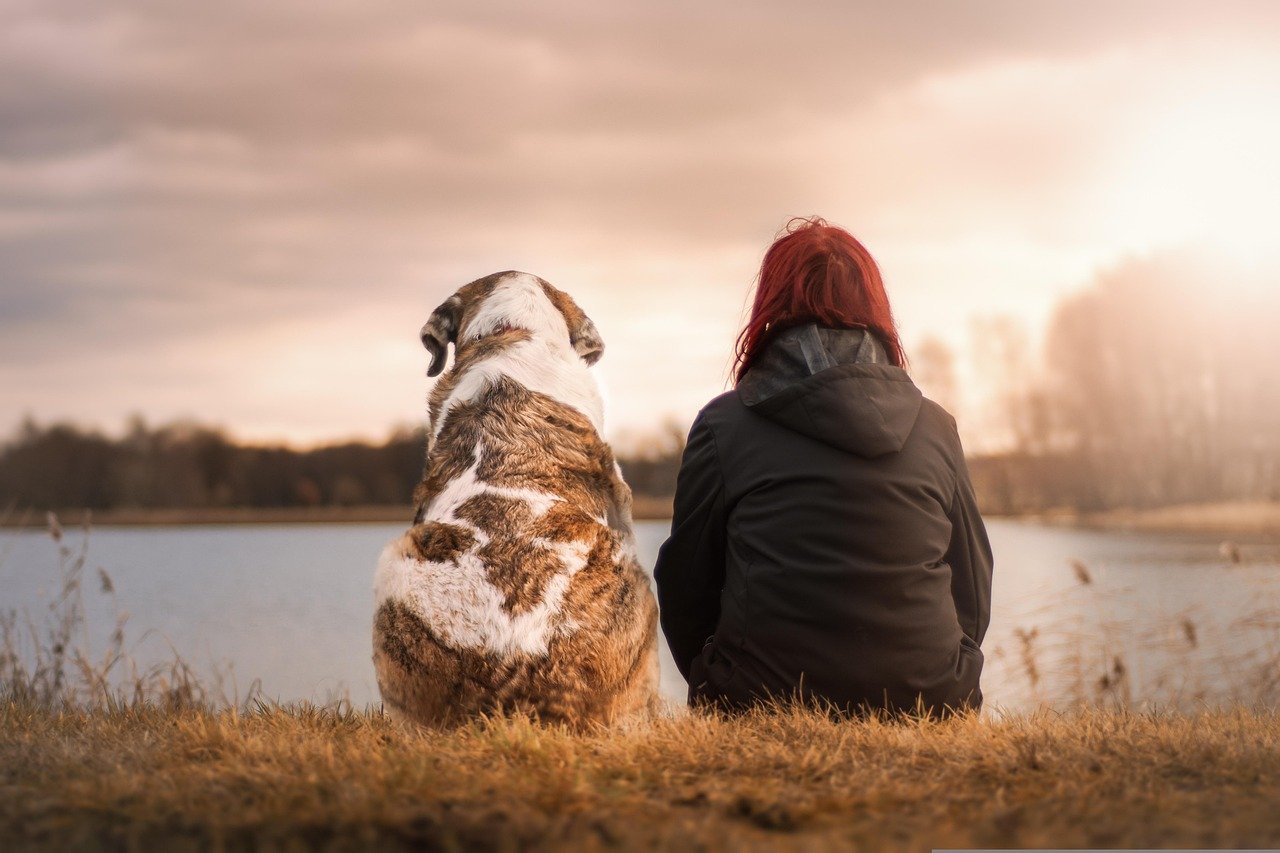
Loneliness can creep up on seniors, especially after retirement or when family moves away. Dogs are like sunshine breaking through a cloudy day. Their wagging tails and eager eyes can melt even the hardest feelings of isolation. Many seniors say their pup is their closest friend, always ready to listen without judgment. Daily routines like feeding or petting create connection and purpose. Even a simple tail wag can bring a spark of happiness after a long, quiet day. For those living alone, a dog’s constant presence fills the house with life. The unconditional love they bring has a magical way of turning solitude into companionship.
Encouraging Physical Activity
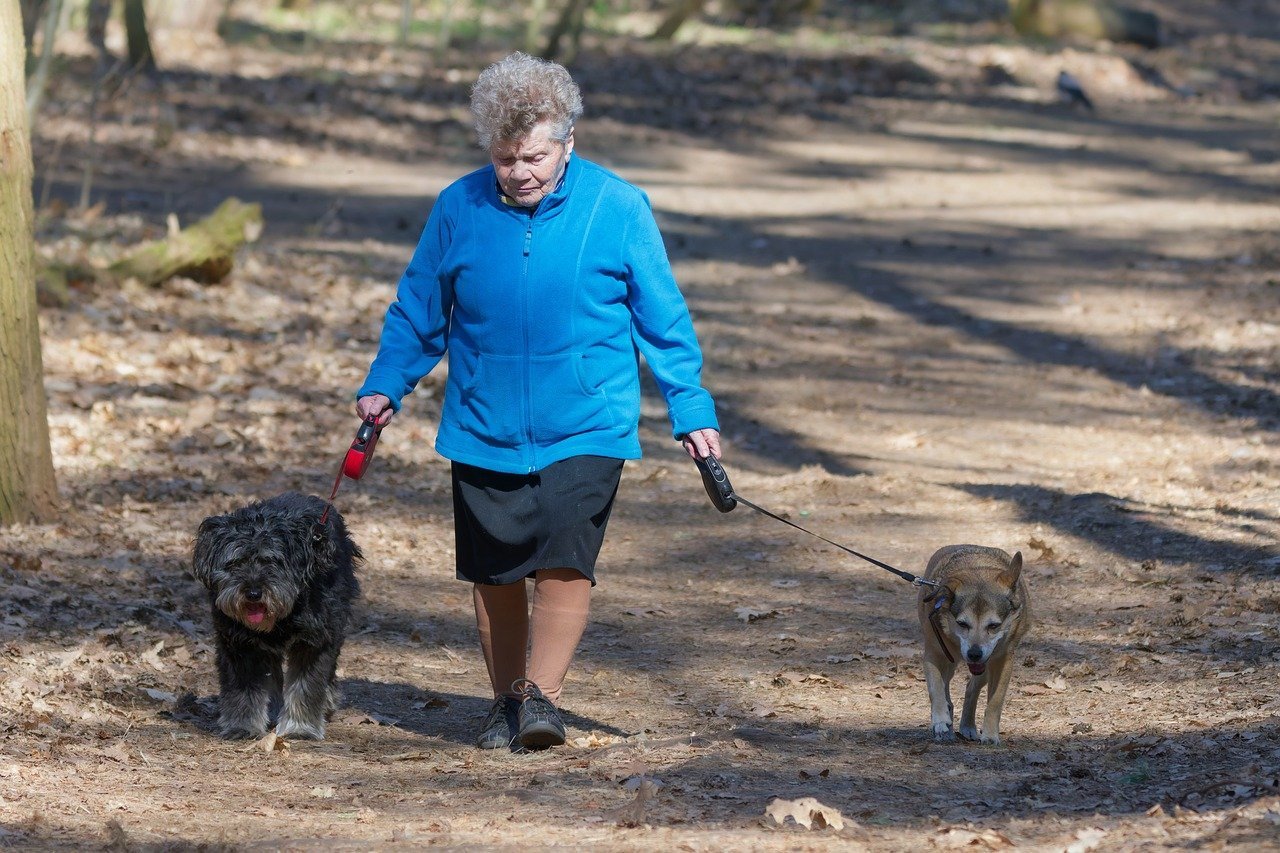
It’s no secret — dogs love their walks. And seniors with canine companions often find themselves moving more than they would otherwise. Taking a dog for a stroll gets the heart pumping and joints moving, whether it’s a slow meander through the park or a brisk trot down the sidewalk. These daily walks aren’t just about exercise; they’re about fresh air, sunshine, and sometimes even meeting new friends along the way. Dogs don’t accept excuses — rain or shine, they’re ready to go. For seniors, this gentle push to get up and move can make a huge difference in staying healthy and active.
Reducing Stress and Anxiety
There’s something incredibly soothing about running your hand over a dog’s soft fur. Science backs it up: petting dogs releases calming hormones like oxytocin, which can help lower stress and soothe anxiety. Seniors often face worries about health, finances, or the future. A dog’s gentle presence can be like a warm blanket, offering comfort in uncertain times. Watching a dog nap, play, or simply breathe can slow your own heartbeat and bring peace. For many older adults, these moments of calm are as essential as any medication.
Promoting Social Interaction
Dogs are the best icebreakers — they turn strangers into friends in the blink of an eye. Seniors walking their dogs are more likely to strike up conversations with neighbors or other dog owners. Community events, pet-friendly cafes, or even the dog park become places of connection. For those who may feel shy or withdrawn, a dog offers a natural way to engage with others. Sometimes, all it takes is a passerby asking, “What’s your dog’s name?” and suddenly, there’s a new friendship forming.
Providing a Sense of Purpose
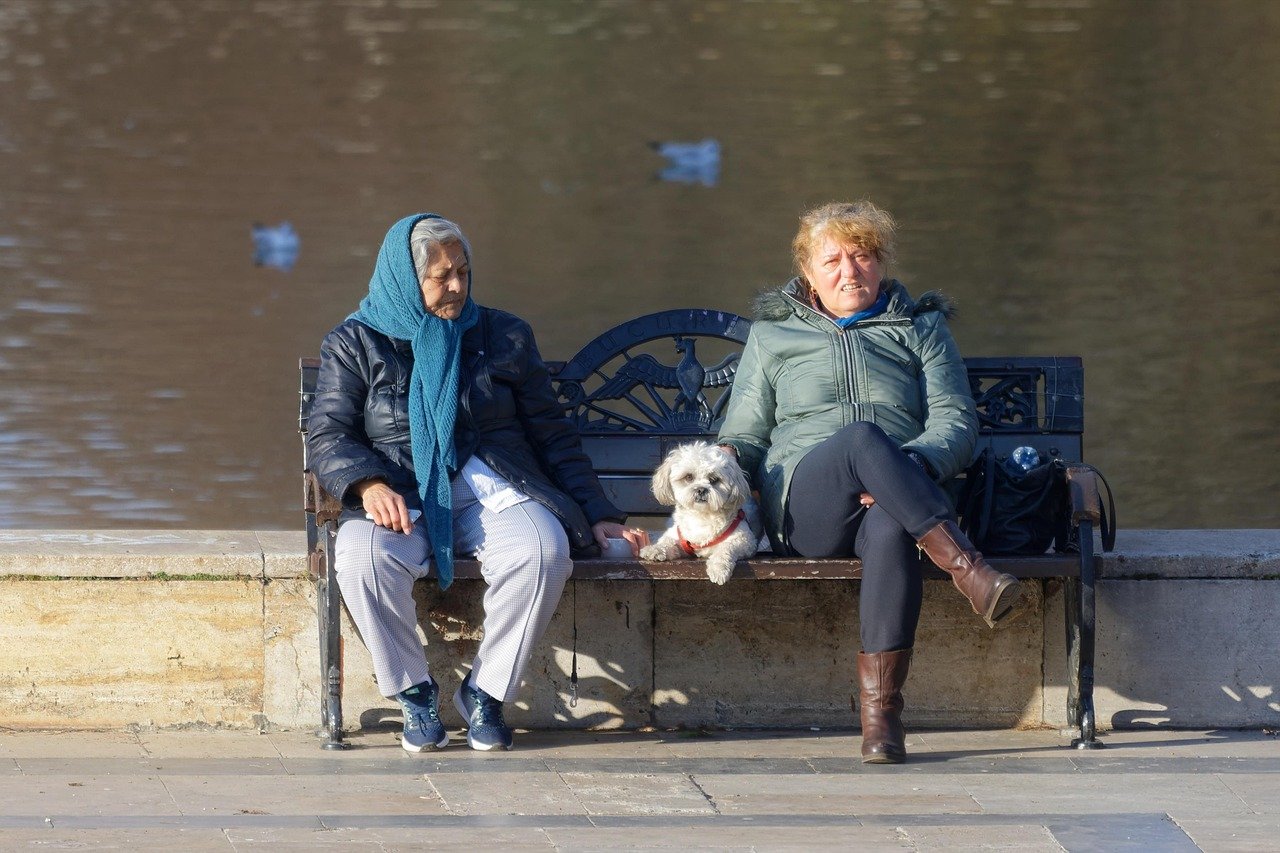
After retirement, some seniors struggle with finding meaning in their day-to-day lives. Dogs offer a reason to get up every morning — they depend on their humans for meals, walks, and love. This sense of responsibility gives structure to the day. Setting a routine around a dog’s needs can help fill time and create positive habits. Many seniors share that caring for their dog makes them feel useful and needed, bringing a deep sense of fulfillment.
Assisting with Cognitive Health
Caring for a dog isn’t just physical; it gives your brain a workout, too. Remembering feeding times, giving medication, or teaching new tricks keeps the mind sharp. For seniors experiencing mild cognitive decline, these small daily tasks can help maintain mental function. There’s also growing evidence that interacting with dogs may help slow memory loss and boost focus. The give-and-take of training, playing, and communicating with a dog turns every day into a gentle brain exercise.
Alerting to Health Issues

Some dogs seem to have a sixth sense when something’s wrong. Many seniors report their pets acting differently before a fall, illness, or even a drop in blood sugar. Trained service dogs can take this a step further, alerting to seizures or medical emergencies. Even without special training, a dog’s keen senses mean they often notice problems before anyone else. Their intuition can be lifesaving, especially for those living alone.
Bringing Laughter and Joy
Dogs are natural comedians. Their goofy antics, funny faces, and playful energy can turn any day around. Seniors often find themselves laughing out loud at their dog’s silly habits — chasing their tail, barking at their own reflection, or rolling in the grass. These moments of pure joy are priceless. Laughter boosts mood, reduces pain, and can even strengthen the immune system. In a world that sometimes feels too serious, a dog’s joyful presence is a daily reminder to smile.
Supporting Emotional Healing

Life brings its share of losses, and many seniors face grief or sadness as loved ones pass away. Dogs have a quiet way of comforting through tough times. Their simple presence, without words or expectations, can help heal emotional wounds. Many people find it easier to express sadness or cry when their dog is near, feeling understood without judgment. The routine of caring for a pet also gives a gentle distraction from pain. Over time, a dog’s love can help patch up even the heaviest heart.
Enhancing Safety and Security
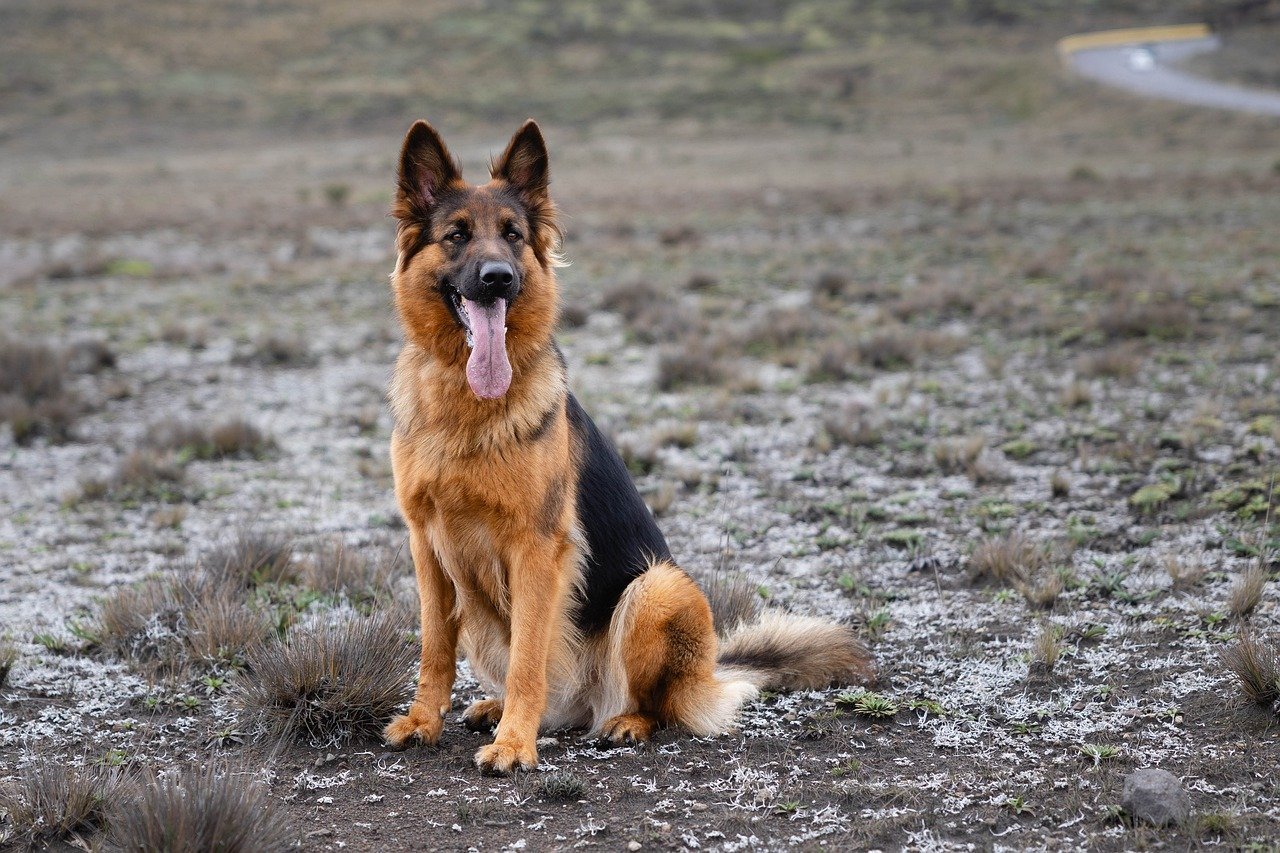
For seniors, feeling safe at home is essential. Dogs, even small ones, are natural protectors. Their keen senses mean they notice sounds and movements long before humans do. Many seniors sleep better knowing their dog will alert them to anything unusual. Some breeds are especially protective, but even the friendliest pup can deter unwanted visitors with a bark. This added sense of security gives peace of mind — and sometimes, that’s the greatest comfort of all.
Needing Consistent Care and Attention
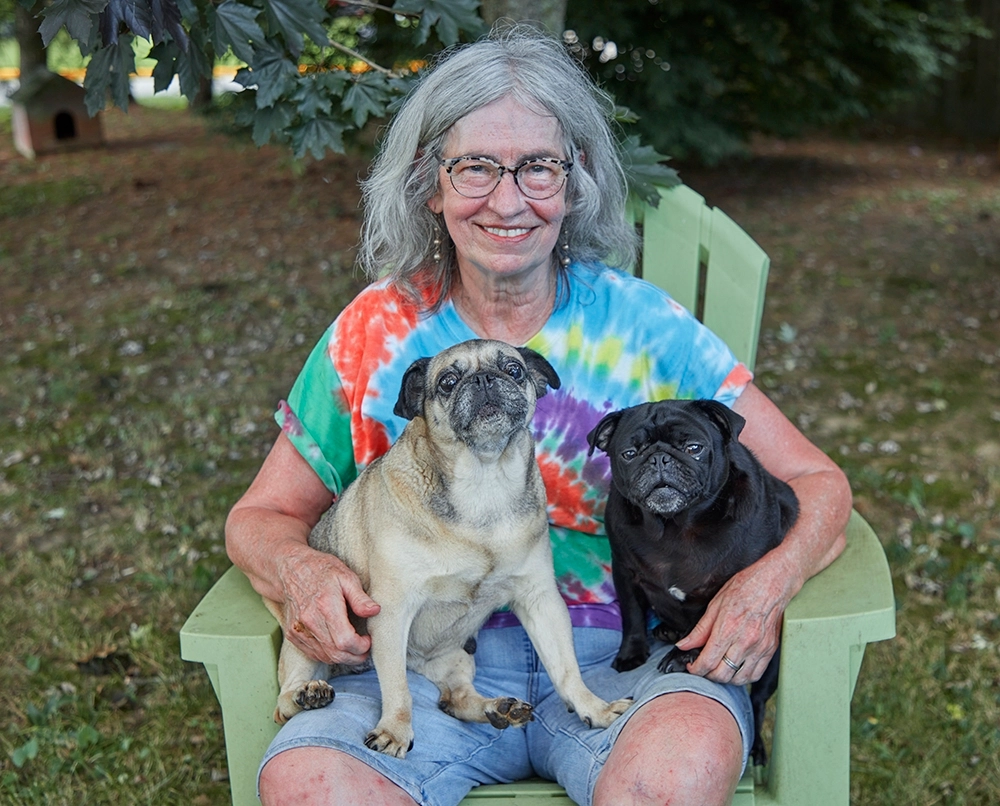
As much as dogs give, they do so with the quiet expectation of love and care in return. Seniors must remember that dogs rely on them for regular meals, water, grooming, and medical attention. Skipping these basics can lead to health problems for the dog. Even on tough days, pups need their walks, playtime, and cuddles. Consistency keeps a dog healthy and happy, and in turn, enriches the bond between pet and owner.
Counting on Routine and Stability
Dogs thrive on routine. Sudden changes in schedule or environment can stress them out. Seniors need to create a predictable daily structure — feeding at the same time, regular walks, and a steady bedtime. This stability helps dogs feel secure and relaxed. For seniors, maintaining a routine can sometimes be challenging, especially if health issues arise. But the effort pays off in a calmer, happier companion.
Depending on Emotional Connection
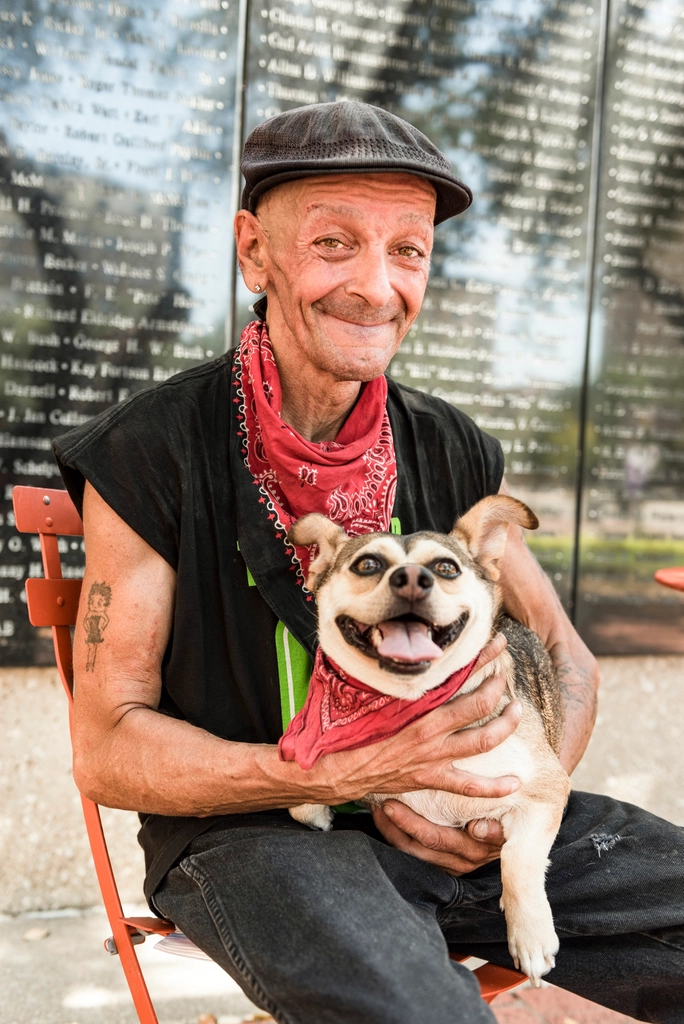
Dogs aren’t just looking for food and shelter; they crave genuine affection. They rely on their humans to provide love, attention, and reassurance. Ignoring a dog or leaving them alone for long stretches can lead to sadness or anxiety. Seniors must remember to spend quality time with their furry friend — a scratch behind the ears, a gentle word, or a shared nap. The emotional bond is at the heart of the relationship, and dogs feel it deeply.
Requiring Medical Care and Supervision
Just like humans, dogs need regular check-ups, vaccinations, and sometimes medication. Seniors must be vigilant about their pet’s health, noticing changes in appetite, energy, or behavior. Skipping vet visits can mean missing early signs of illness. For older dogs, supervision is even more important — they may need help with stairs or extra comfort as they age. Staying proactive about a dog’s medical needs is a responsibility that comes with all the rewards of companionship.
Trusting You for Safety and Protection

Dogs count on their humans to keep them safe from harm. This means more than just a leash on a walk — it’s about protecting them from hazards around the home, dangerous foods, and even harsh weather. Seniors need to be mindful of things like slippery floors, open gates, or toxic plants. A dog trusts completely in their person’s care. This trust is a silent promise, woven into every wag and nuzzle.
Looking to You for Training and Guidance
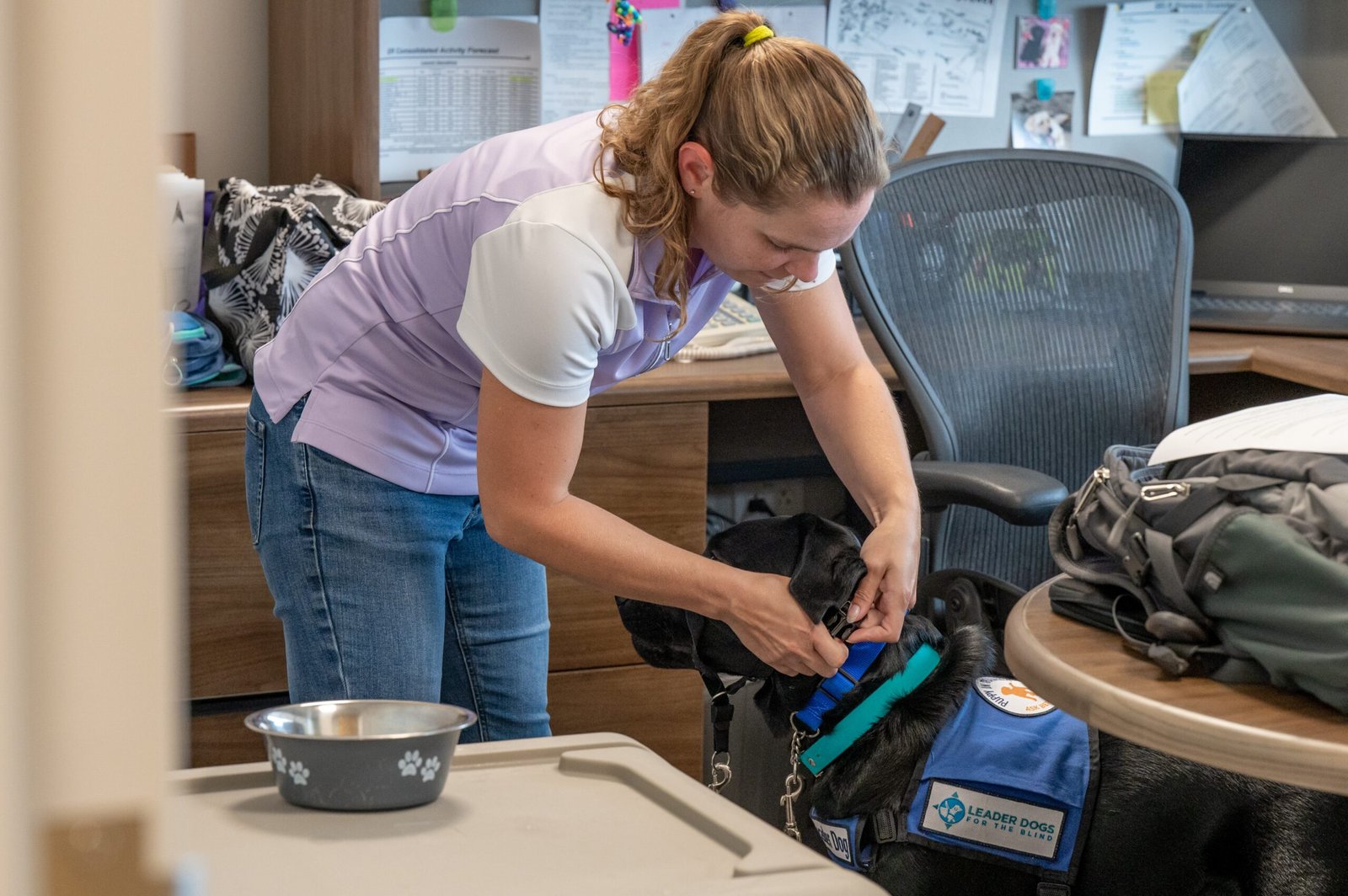
Every dog, no matter their age, looks to their owner for guidance. Seniors must set boundaries, teach commands, and gently correct bad habits. Training isn’t just about obedience; it’s about building trust and communication. Dogs feel secure when they know what’s expected. For seniors, this can be a rewarding challenge, strengthening the bond and making life together smoother and happier.